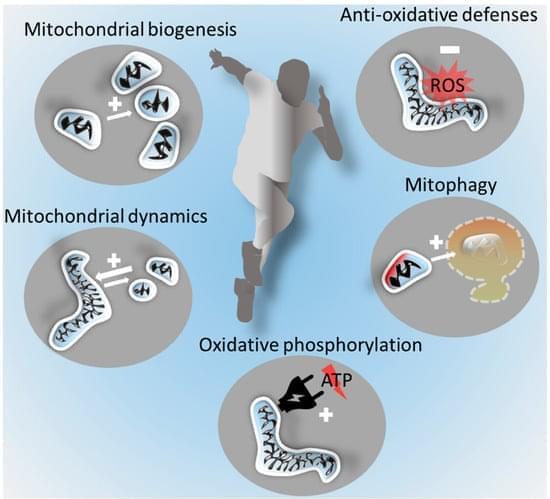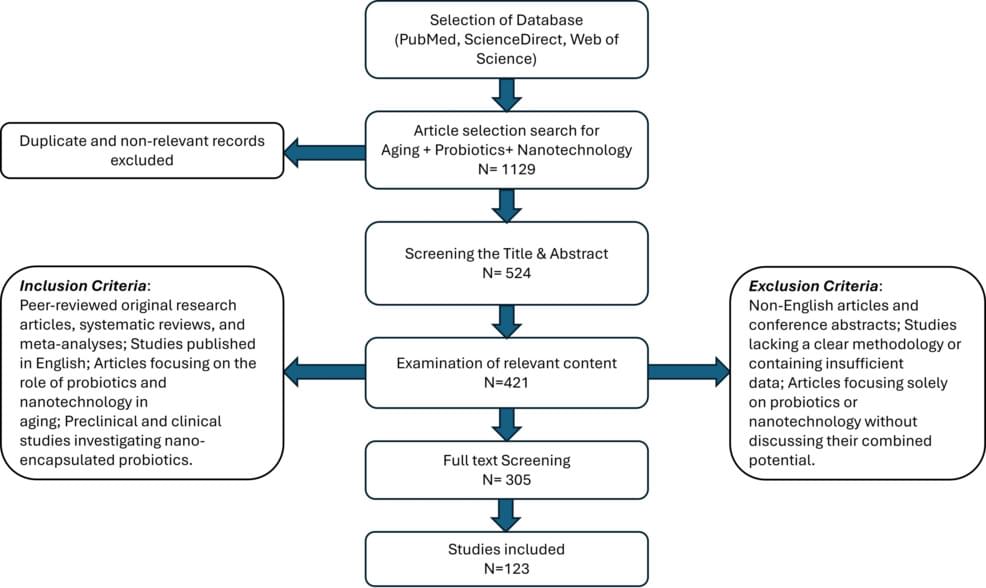Hi everybody. I’m writing to you because we are reaching an important moment in our reproduction of Harold Katcher’s seminal study of rats rejuvenation, in which we are only 9 months from starting the injections but we raised 71% of the total cost of the experiment. We already published the article of our 2024 experiment in a peer-reviewed journal (https://journals.tmkarpinski.com/index.php/ejbr/article/view/772), in which we injected the Pig Plasma Extracellular Particles (PPEPs) in young rats to assess a potential acute immunogenicity or toxicity — without any negative effect observed. Nina Torres Zanvettor (cofounder of ICR together with me) and I were interviewed some weeks ago by Eleanor Sheekey in her YouTube channel (https://youtu.be/Q-lS1UMHG1o?si=ImDWycjM8r8-KpyF), as we are trying to spread the word about the experiment and the crowdfunding. We are making the experiment in collaboration with Unicamp university and Dr. Marcelo Mori, a world-class aging scientist. The rats are already aging in the university facility and we are preparing the epigenetic age measurements with Horvath’s foundation (Clock Foundation), but we still have to raise 29% (US$21,000) of the total cost (US$75,000).
(https://youtu.be/Q-lS1UMHG1o
We will publish everything (methods, materials and results) immediately, but we need the help of the community too, as we will give back all the information for the community. Could you help us to fund the study? Any amount is important. The link to make a donation is https://www.rejuvenescimento.org/donation. I don’t even consider it precisely a “donation”, but a financial collaboration, as the “donor” would be able to use the information, and maybe they can also use the rejuvenation technology that some day would arise from this research. By the way, if we manage to rejuvenate the rats, we will then try to keep them young as long as we can, in a longevity experiment. Also, if we rejuvenate the rats, we will carry out a safety experiment in a Good Laboratory Practices facility here in Brazil that would allow regulatory approval to try the therapy in human patients who don’t have any other alternative to be kept alive — we expect to be able to carry out those human trials in 2028. So we intend to go all the way to the clinic, if we confirm Katcher’s results.
Slot DANA merupakan bentuk kerja sama situs slot online yang selalu menghadirkan keuntungan besar dalam setiap permainan slot gacor deposit QRIS dana pulsa 10K terbaru bonus scatter hitam.







